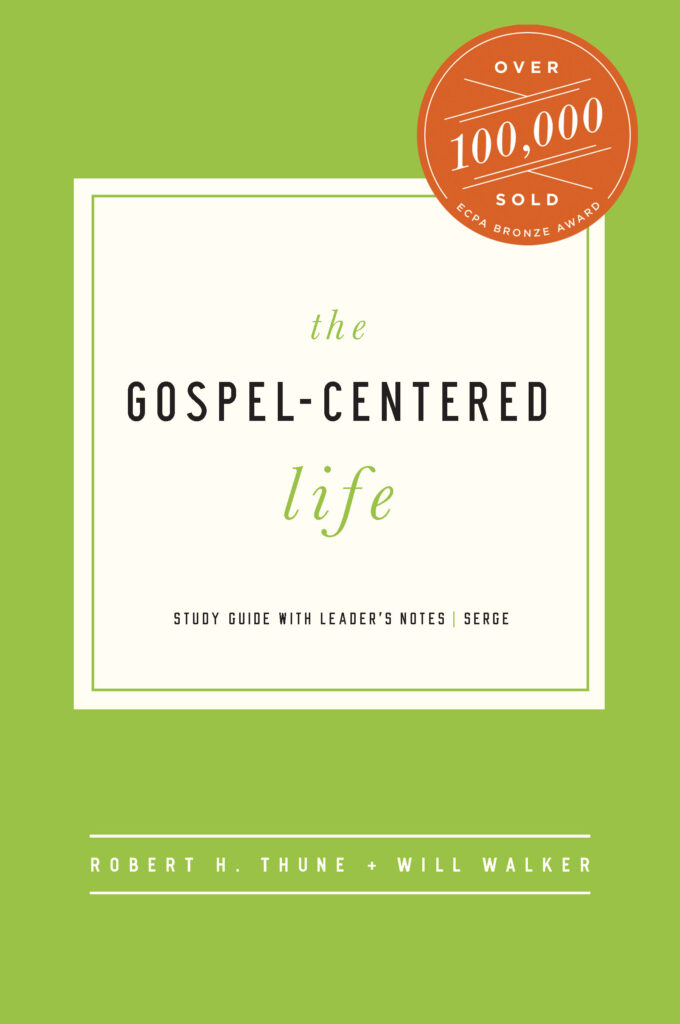Even a casual reader can see that the Bible is full of commands, prohibitions, and expectations. It tells us what to do and what not to do. These rules or laws often present an obstacle to faith. Non-Christians object to Christianity because it seems like “just a bunch of rules and regulations.” And even faithful Christians struggle to understand how the law of God and the gospel of God relate to each other. After all, if we are reconciled to God by grace and not by works, does it really matter whether we obey or not?
When we misunderstand the relationship between law and gospel, it leads to two opposite but equally destructive errors: legalism and license. Legalists continue to live under the law, believing that God’s approval is somehow dependent on their right conduct. Licentious people dismiss the law, believing that since they are “under grace,” God’s rules don’t matter much. These two errors have been around since the days of the apostles. The book of Galatians is written to combat the error of legalism: “Are you so foolish? After beginning with the Spirit, are you now trying to attain your goal by human effort?” (Galatians 3:3). The book of Romans addresses the error of license: “What then? Shall we sin because we are not under law but under grace?” (Romans 6:15).
Both legalism and license are destructive to the gospel. To avoid these pitfalls, we must understand the biblical relationship between law and gospel. In a nutshell, here’s how God designed it to work: the law drives us to the gospel and the gospel frees us to obey the law. Realizing all that God expects of us should drive us in despair to Christ. And once we are united with Christ, the indwelling Holy Spirit causes us to delight in God’s law and gives us power to obey it. In his commentary on Romans, Martin Luther summarized it this way:
“The law, rightly understood and thoroughly comprehended, does nothing more than remind us of our sin and slay us by it, and make us liable to eternal wrath …. The law is not kept by man’s own power, but solely through Christ who pours the Holy Spirit into our hearts. To fulfill the law … is to do its works with pleasure and love…[which are] put into the heart by the Holy Ghost.”
Martin Luther, Commentary on Romans, J. Theodore Mueller, trans. (Grand Rapids: Kregel Publications, 2003), pp. xxiii, xv, 110.
Read that last sentence again: “To fulfill the law…is to do its works with pleasure and love.” Just knowing what God requires is not enough. Obeying him “because it’s what we’re supposed to do” is not sufficient. Truly fulfilling the law means obeying God out of pleasure and love, because the Holy Spirit lives within us: “I desire to do your will, O my God; your law is within my heart” (Psalm 40:8).
Delighting in the Law
How do we become the kind of people who love God and delight in his law? Answer: through the gospel.
First, it is through the gospel that we become aware of our disobedience to God’s law. The first step of the gospel journey is to become aware that “all have sinned and fall short of the glory of God” (Romans 3:23), and that our disobedience to God’s law places us under his curse: “For it is written, ‘Cursed is everyone who does not continue to do everything written in the Book of the Law’” (Galatians 3:10).
Second, it is through the gospel that we are freed from the curse of the law. The gospel is the good news that God is willing to forgive us if we turn to Jesus and are justified—declared “not guilty” in God’s sight—by faith in him. “Christ redeemed us from the curse of the law by becoming a curse for us, for it is written: ‘Cursed is everyone who is hung on a tree.’ He redeemed us in order that…through Christ Jesus…by faith we might receive the promise of the Spirit” (Galatians 3:13–14). Jesus has both atoned for our imperfection and attained our perfection through his work on the cross. And by his resurrection, he’s freed us forever to live for him (2 Corinthians 5:14–15). The law no longer stands in judgment over us. In biblical language, we are no longer “under the law” (Romans 6:14).
Third, it is through the gospel that God sends his indwelling Holy Spirit into us, transforming our hearts and enabling us to truly love God and others. As a result of our justification by faith, “God has poured out his love into our hearts by the Holy Spirit, whom he has given us” (Romans 5:5). We commonly read the phrase “the love of God” in this verse as God’s love for us. But contextually and linguistically this phrase also has the sense of “love from God” or “love for God.” Because God loves us, he has poured into our hearts his own capacity to love and delight in himself. Jesus prayed that the very love that God the Father has for his Son would be in us: “I have made you known to them…in order that the love you have for me may be in them and that I myself may be in them” (John 17:26).
The Law of Liberty
A true Christian obeys God’s law, then, not out of obligation or duty, but out of love, for “love is the fulfillment of the law” (Romans 13:10). Both legalism and license are fundamentally self-centered. They are not concerned with delight in God or in his law, but with self: “I keep the rules” or “I break the rules.” But the gospel frees us from our self-concern and turns us outward. We see that God’s law is not constraining but freeing: it is a “law of liberty” (James 1:25 ESV). It is a law that points us to Jesus.
Romans 10:4 says, “Christ is the end of the law for righteousness to everyone who believes” (ESV). In other words, the end, the goal, the point of the law is to drive us to Jesus. When we really “get” what this verse is saying, we begin to see that every command in Scripture points us in some way to Jesus, who fulfills that command for us and in us. He is our righteousness. We no longer need to construct our own.
We are unable to do what the law commands us to do, but Jesus did it for us. And because he lives in us by his Spirit, we are enabled to do it, not from obligation, but from delight. So every command in Scripture points us to our own inadequacy (the bottom line of the Cross Chart), magnifies the good and holy nature of God (the top line of the Cross Chart), and causes us to look to Jesus as the One who forgives our disobedience and enables our obedience. In other words, the law drives us to Jesus and Jesus frees us to obey the law.
Excerpted from The Gospel-Centered Life by Robert H. Thune and Will Walker © 2009 by Serge. Used with permission of New Growth Press. May not be reproduced without prior written permission.
The Gospel-Centered Life: Study Guide with leader’s notes
Lots of Christians talk about the gospel, but how many really understand and know how to apply it to their lives? In this life-changing training resource, authors Robert H. Thune and Will Walker communicate both to the new Christian and the seasoned pastor the need for gospel renewal.






